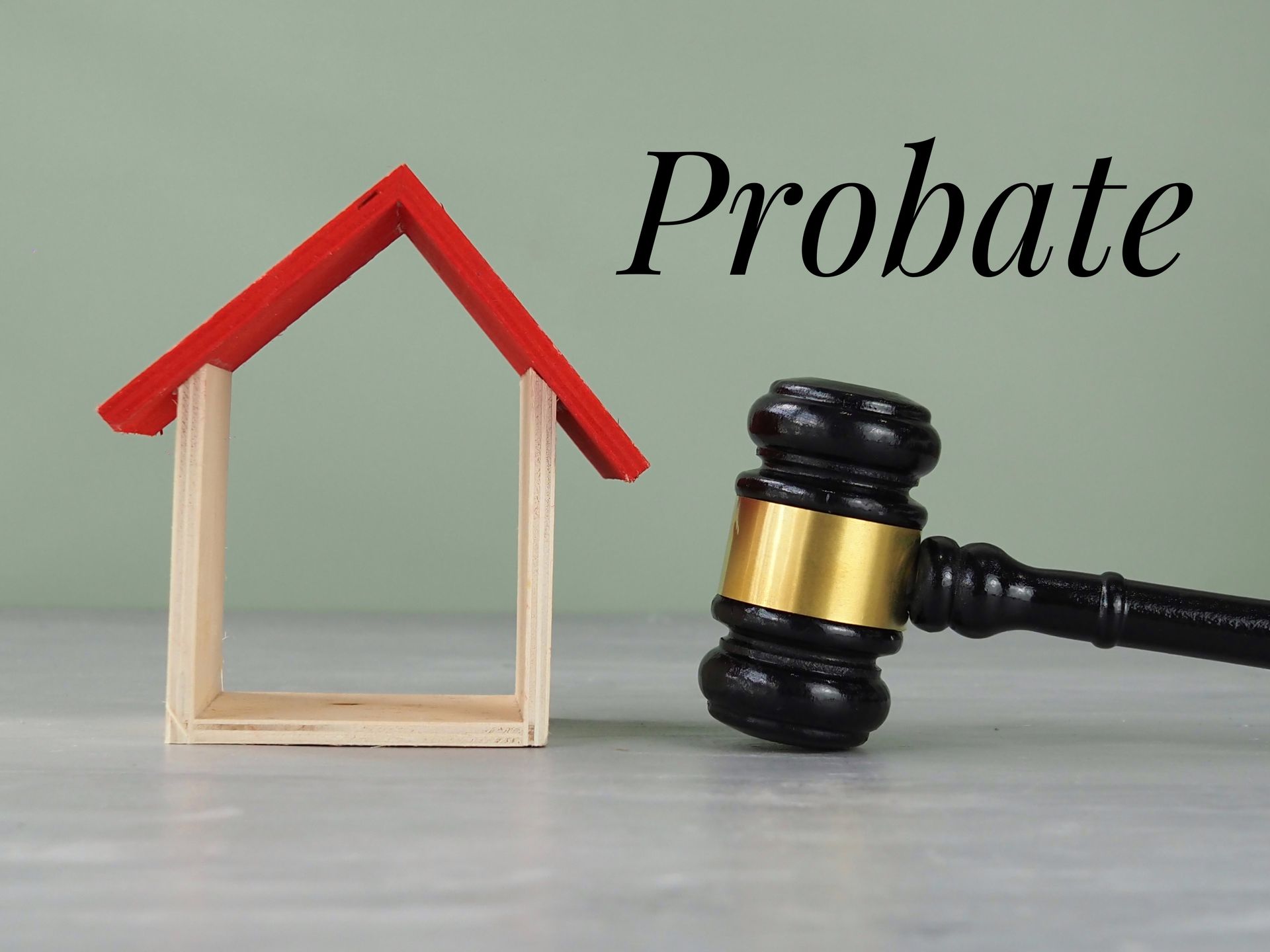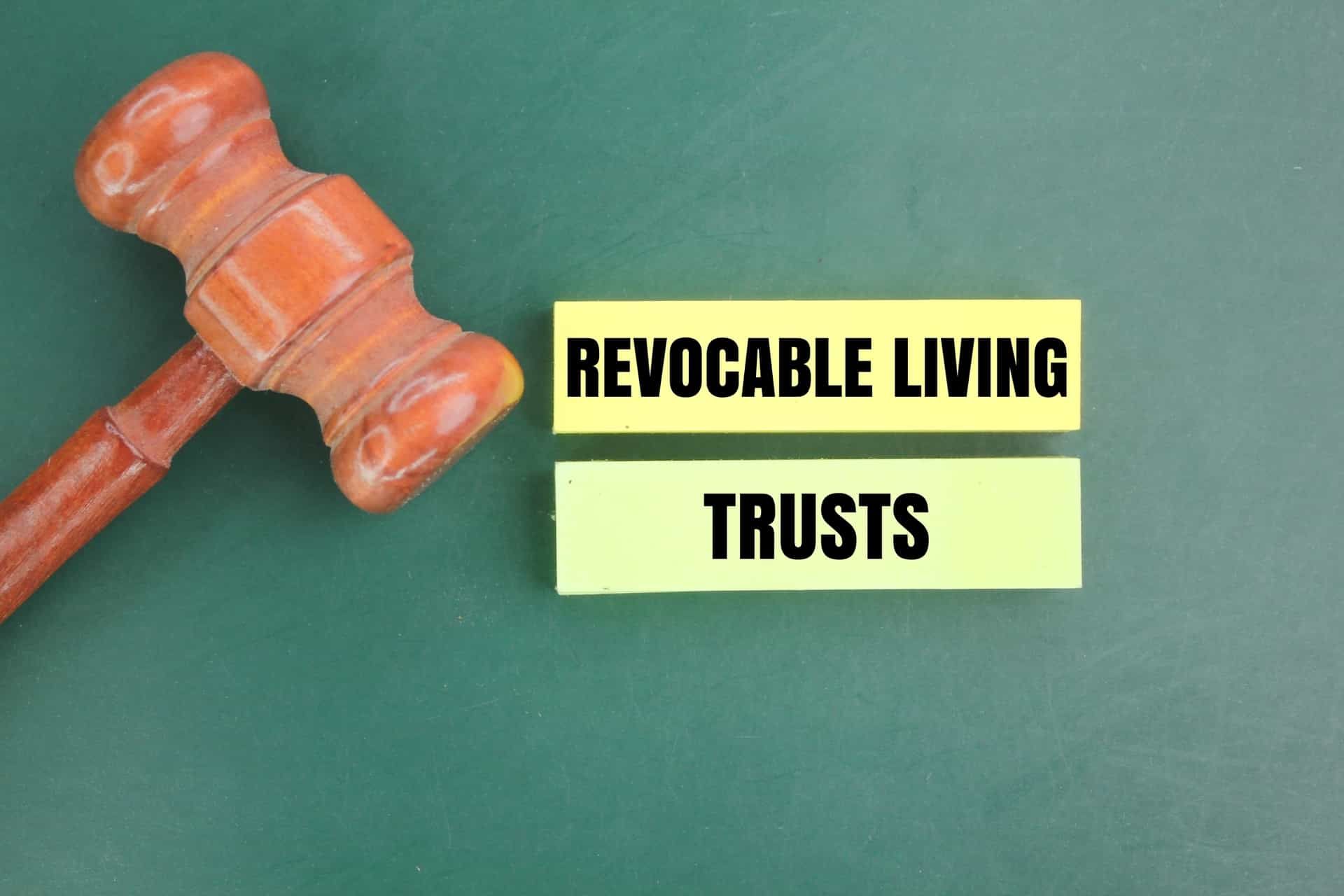What Is The Difference Between Will And Trust?
If you’re considering creating an estate plan, you’ve likely heard about wills and trusts. Both are made to distribute your assets after death, but the way these legal instruments achieve this goal is wildly different.
This is why you must understand the difference between will and trust, what they set out to do, and how they can contribute to your overall estate planning strategy.
Let’s dive straight in.
What Is A Trust?
Understanding the main difference between will and trust will be a lot easier once you’re familiar with the definitions.
Trusts are legal arrangements that allow individuals to transfer their assets to specific beneficiaries. The way a trust works is simple - the creator of the document puts their assets in a trust account and authorizes another person to administer those assets to the beneficiaries.
Assets in a trust are not owned by you, rather, they’re owned by the trust itself. Because of this, trusts are useful for those who want to avoid going to probate court. Plus, they may also help you reduce estate taxes.
The creation (and implementation) of the trust involves the following individuals:
- Grantor: an individual who creates the trust
- Beneficiary: an individual who will inherit the assets contained in the trust
- Trustee: an individual or an organization tasked with administering the trust assets
What Is A Will?
A will operates similarly to a trust. It’s a legal document that outlines your wishes regarding the division of assets after your death. Together with to handling your assets, wills can also be used to nominate guardians for any dependents, children, or pets.
Here’s where the main difference between will and trust is apparent. When you create a will, the assets are still titled in your name. As such, your surviving family will have to present the document to the probate court.
A probate court will assign a personal representative who is tasked with overseeing the distribution of your assets according to the terms in a will and paying off any due debts tied to your estate.
Advantages Of Using A Trust Over A Will
If you choose to base your estate plan around a trust, there are plenty of advantages to doing so. The biggest one is the speed of distributing the assets to your beneficiaries. Since wills must go through probate, it may take up to a year, if the estate is large, for the beneficiaries to receive anything. With trusts, the transfer is much more straightforward as there is absolutely no court oversight.
Moreover, according to Florida statutes, only an attorney is allowed to draft up trust documents. While this costs money, you’ll minimize the chances of legal challenges after you pass away. Your estate will incur less legal costs, which means you’ll pass more assets you own to your beneficiaries.
If these advantages aren’t substantial enough for you to consider setting up a trust, you can also use this particular legal document to see to it that you have a trusted person managing your assets while you’re still alive. Not only can a trustee manage the assets in the trusts, they can also pay any bills associated with the asset properties and choose how to invest the trust assets.
Granted, there are concerns about the security of your assets, but keep in mind that trustees must follow the rules set by the Consumer Financial Protection Bureau when managing the trust.
Advantages Of Using A Will Over A Trust
This isn’t to say wills are useless - far from it. For instance, a will is the easiest document to create in the Sunshine State. Since it doesn’t require an attorney, setting up a will minimizes your upfront legal fees.
Hence, it may suffice as a crux of an estate plan for smaller estates.
In addition, trusts are limited in what they can achieve regarding any extra instructions, whereas wills allow you to specify additional wishes you may have, down to what you want at your memorial service.
Why You Should Have Both
Although there is a substantial difference between will and trust, they can also be complementary to one another. In fact, the most effective estate plans often use a combination of different legal documents to aid the legal distribution of your estate.
For example, plenty of people who have minor children opt for this approach. This is because a will can clarify the legal guardianship of the children, while a trust outlines the manner in which they’ll receive the assets once they reach legal age or meet the terms of the trust (e.g. when they finish college).
If you want to include both in your estate, don’t make the mistake of drafting the will on your own. An estate planning attorney can make certain the documents complement each other, instead of causing confusion.
This is primarily because the trust can override a will in some legal situations. If such circumstances occur, the court will prioritize the instructions contained in the trust documentation because trusts are legally separate entities.
Create An Estate Plan That Checks All The Boxes
Having one of these documents in your estate plan is great and may be enough to provide you with plenty of flexibility on how your affairs are handled once you’re no longer around. Still, this doesn’t mean you shouldn’t also have the other.
An estate plan is more than just a single document - it’s a collection of different tools working together to help you accomplish specific goals.
So how do you go around making an effective estate plan?
By contacting the team at
Doane & Doane.
We’ll take all your circumstances and goals into account, and provide you with legal guidance on some of the tools you should use in your estate plan to achieve the best outcome and preserve your estate as much as possible.
Our clients are like our family, and if you want a legal team on your side that cares about your family’s future, we are the logical choice.
Get started now - call 561-656-0200 or fill out our
contact form.
Note:
The information in this blog post is for reference only and not legal advice. As such, you should not make legal decisions based on the information in this blog post. Moreover, there is no lawyer-client relationship resulting from this blog post, nor should any such relationship be implied. If you need legal counsel, please consult a lawyer licensed to practice in your jurisdiction.
Disclaimer: The information on this website and blog is for general informational purposes only and is not professional advice. We make no guarantees of accuracy or completeness. We disclaim all liability for errors, omissions, or reliance on this content. Always consult a qualified professional for specific guidance.
RECENT POSTS






